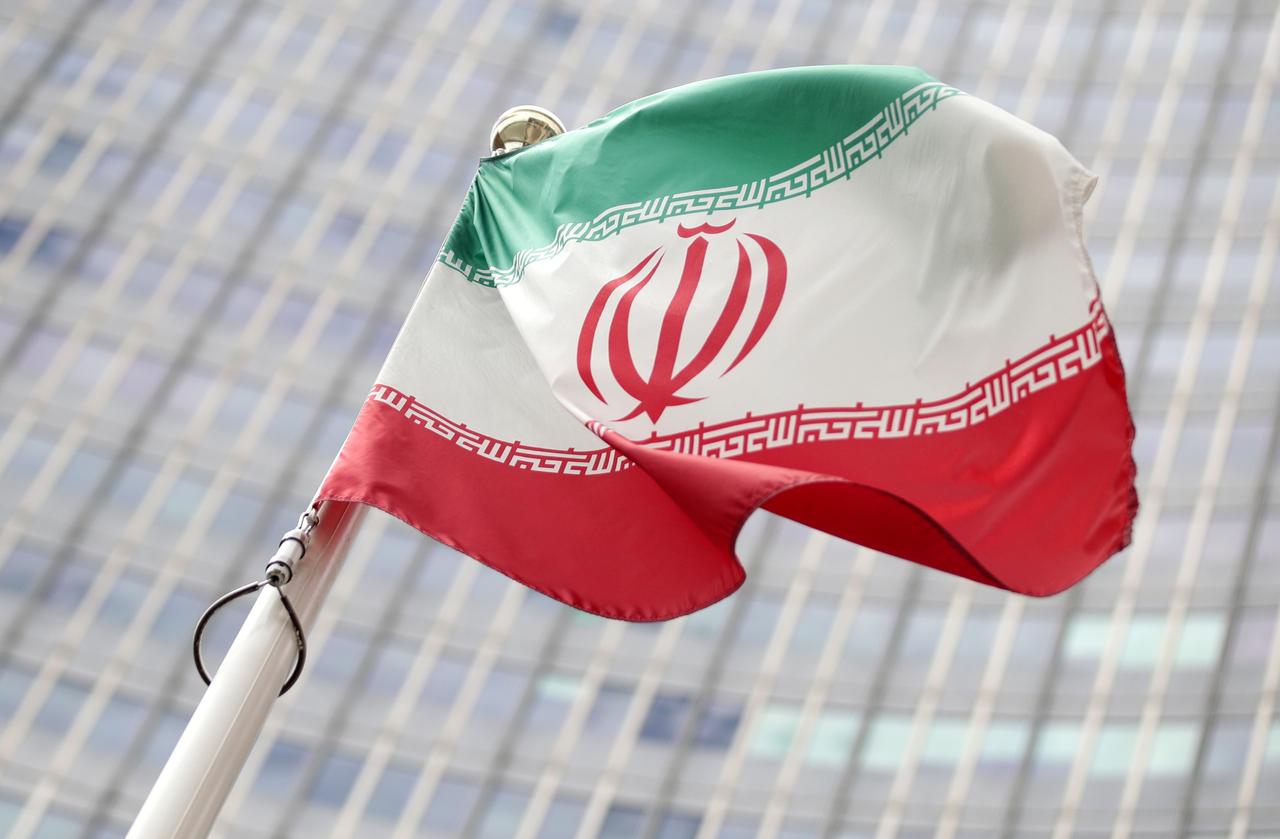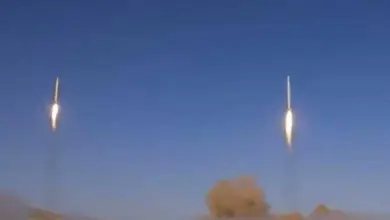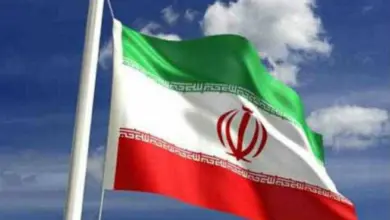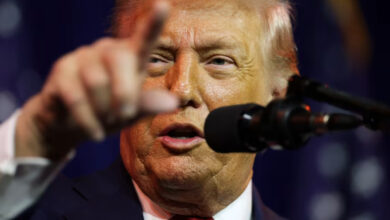
GENEVA (Reuters) – The head of Iran’s Atomic Energy Organization, Ali Akbar Salehi, told lawmakers on Sunday that Iran will restart activities at the Arak heavy water nuclear reactor, the ISNA news agency reported.
ISNA cited a member of parliament who attended the meeting. Heavy water can be employed in reactors to produce plutonium, a fuel used in nuclear warheads.
Iran stopped complying in May with some commitments in the 2015 nuclear deal that was agreed with global powers, after the United States unilaterally withdrew from the accord in 2018 and re-introduced sanctions on Tehran.
The remaining signatories have tried to hold the nuclear deal together, an increasingly difficult task as tensions between Washington and Tehran have soared in recent weeks.
Later on Sunday, Britain, France, Germany, Russia and China will meet Iran in Vienna to discuss how to save the accord in an extraordinary meeting.
On July 3, President Hassan Rouhani said Tehran would increase its uranium enrichment levels and start to revive its Arak heavy-water reactor after July 7 if the nations in the nuclear pact did not protect trade with Iran promised under the deal but blocked by the US sanctions.
The reduction of commitments can be reversed, Iranian officials have said, if the remaining signatories to the deal uphold their promises.
Western powers have said Iran’s nuclear ambitions must be curbed due to their concerns that Tehran intends to build nuclear weapons. Tehran denies this.
The meeting on Sunday of the Joint Commission of the Joint Comprehensive Plan of Action (JCPOA), the deal’s formal name, will be chaired by the EU foreign policy service’s Secretary General Helga Schmid.
Reporting By Babak Dehghanpisheh; Editing by Raissa Kasolowsky
Image: The Iranian flag flutters in front the International Atomic Energy Agency (IAEA) headquarters in Vienna, Austria July 10, 2019. REUTERS/Lisi Niesner




